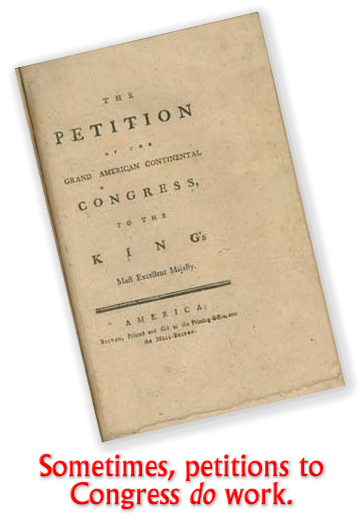We post news and comment on federal criminal justice issues, focused primarily on trial and post-conviction matters, legislative initiatives, and sentencing issues.
BOP REVERSES COURSE ON BOOK LIMITATIONS
Next to watching the FBI walk a Bureau of Prisons employee off the premises in handcuffs, there is nothing BOP management hates more than congressional heat. Last week provided a perfect illustration of that basic truth, as the BOP hastily reversed a controversial policy that had was making it harder and more expensive for inmates to receive books by banning direct delivery through the mail from publishers, bookstores and book clubs.
 The policy banned books from outside sources, including Amazon and Barnes & Noble. Instead, prisoners would have had to submit a request to purchase books through an ordering system run by the commissary in which they would pay list price, shipping and a 30% markup, and could buy hardcover books only, according to memos distributed in at least three BOP facilities. Under the new protocol, a book Amazon might sell for as little as $11.76, including shipping, could cost more than $26.00.
The policy banned books from outside sources, including Amazon and Barnes & Noble. Instead, prisoners would have had to submit a request to purchase books through an ordering system run by the commissary in which they would pay list price, shipping and a 30% markup, and could buy hardcover books only, according to memos distributed in at least three BOP facilities. Under the new protocol, a book Amazon might sell for as little as $11.76, including shipping, could cost more than $26.00.
The book policy has been in effect at USP Atwater since last October, USP Victorville since February, and reportedly at USP Lee as well. But the issue only erupted publicly last month at House oversight hearings on the BOP, where Director Inch had his head handed to him by Congresswoman Karen Bass, who raised the issue of the policy being implemented at USP Coleman and lambasted the Director for adopting a policy that seemingly banned books.
We reported last month that Inch seemed nonplussed, saying he was unaware of the Coleman policy and would look into it. When he suggested Rep. Bass might misunderstand the policy, she shot back, “I hope you follow up with Coleman, because this does not seem to be a misperception, this seems to be a directive.”
At the time, we figured the Coleman warden’s new policy was a frolic that the Central Office might not know anything about, but the fact that the policy has been on a slow-walk rollout at joints in California, Virginia and Florida suggests that Director Inch’s denial of knowledge about the book restriction might be less than candid.
 After the House hearings raised the book restriction issue, The Washington Post followed up, asking the BOP for the identity of the book vendor the BOP would use, the markup and the rationale for the restriction. The Central Office refused to say, but told the Post in an email last Thursday that the BOP had rescinded the memos and will review the policy to “ensure we strike the right balance between maintaining the safety and security of our institutions and inmate access to correspondence and reading materials.”
After the House hearings raised the book restriction issue, The Washington Post followed up, asking the BOP for the identity of the book vendor the BOP would use, the markup and the rationale for the restriction. The Central Office refused to say, but told the Post in an email last Thursday that the BOP had rescinded the memos and will review the policy to “ensure we strike the right balance between maintaining the safety and security of our institutions and inmate access to correspondence and reading materials.”
“You shouldn’t have to be rich to read,” complained Tara Libert, whose D.C.-based Free Minds Book Club has had reading material returned from two California prisons in recent months and has stopped shipping to two others because of the policy.
So the complaints went from inmates to families to congressional representatives to the media, demonstrating that if the issue is right, even the people who seem to have no power can end up making government accountable.
Washington Post, Federal prisons abruptly cancel policy that made it harder, costlier for inmates to get books (May 3, 2018)
In Justice Today, New Federal Prison Policies May Put Books and Email on Ice (Apr. 27, 2018)
– Thomas L. Root

